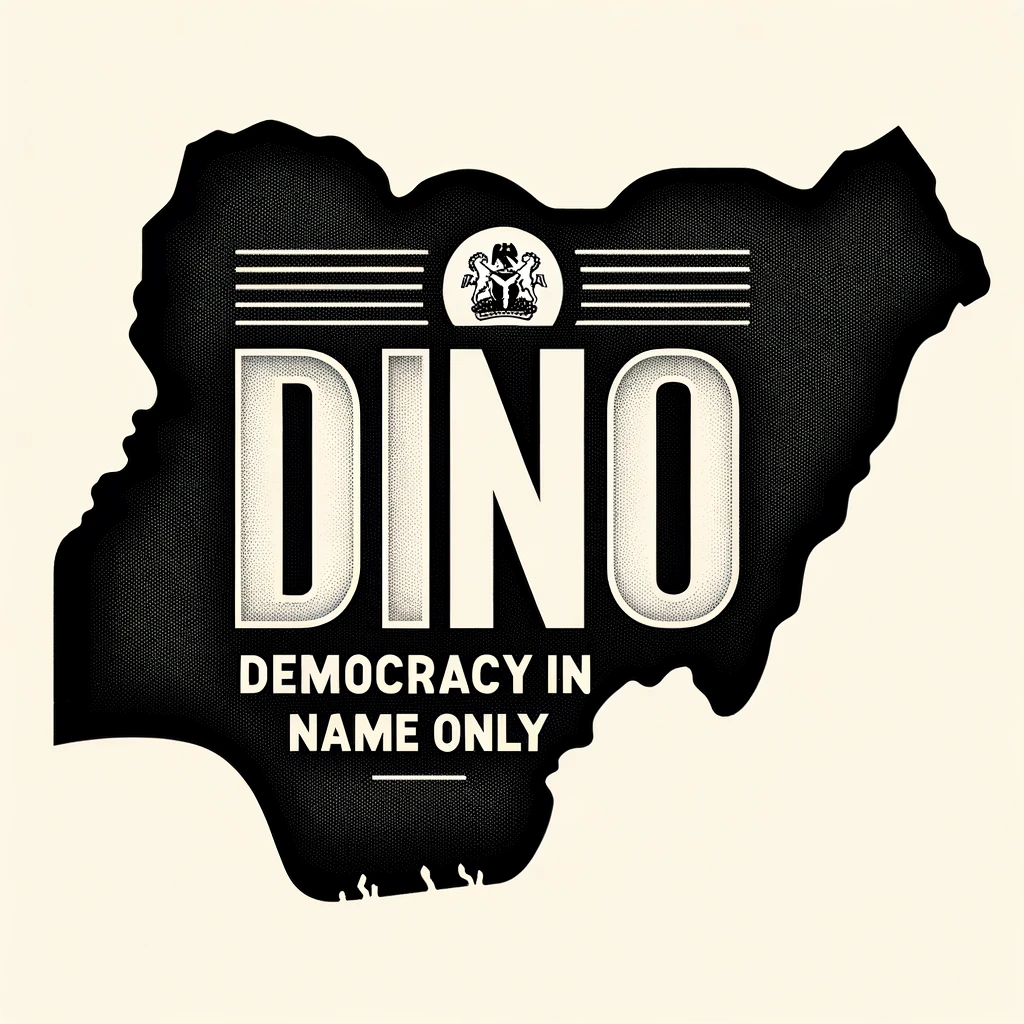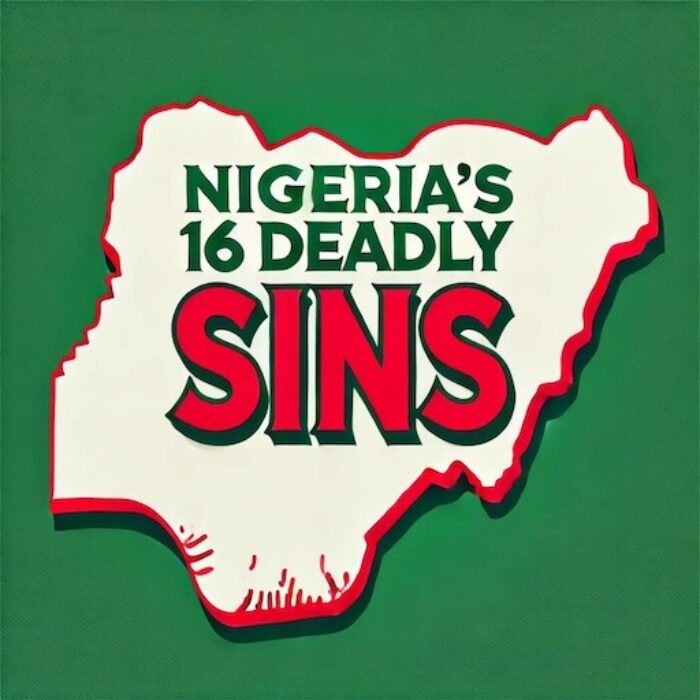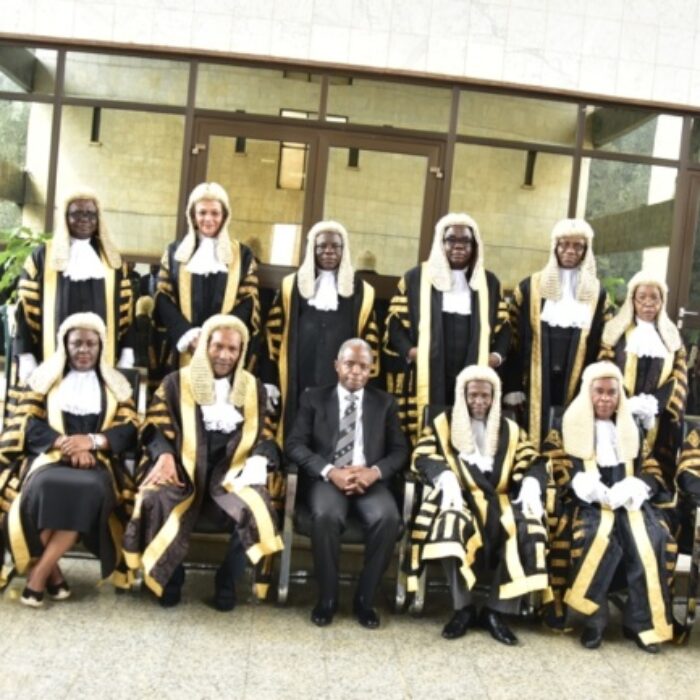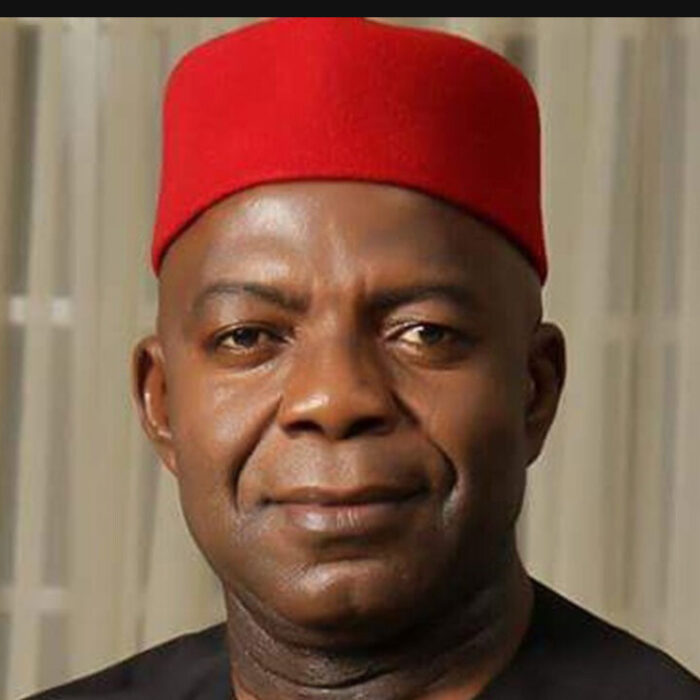President Tinubu’s speech commemorating the 25th anniversary of democracy in Nigeria highlighted significant sacrifices made by many to establish democratic governance. He eloquently honored the memory of fallen heroes and acknowledged the ongoing struggle for democracy.
However, the triumphant speech starkly contrasts with his policy failures and the harsh realities faced by many Nigerians, who suffer under his undemocratic administration. While he speaks of a robust democracy, the everyday experiences of citizens tell a different story.
Today, our country teeters on the brink, grappling with severe problems. Daily hardships, preventable starvation, diseases, and overwhelming hopelessness plague many Nigerians, indicating that democracy, as practiced in Nigeria, has failed to deliver on its promises.
These dire conditions stem directly from his administration’s poor governance—corruption, fiscal mismanagement, economic stagnation, soaring inflation, rampant unemployment, pervasive poverty, and political division—all under President Tinubu’s watch.
Ironically, these are the very issues that democracy was supposed to resolve. Instead, democracy has exacerbated them, exposing its glaring inadequacies in the Nigerian context. Tinubu’s celebration of democracy seems hollow when basic needs remain unmet and governance issues persist.
Moreover, the President’s assertion that Nigeria has established a tradition of transparent, open, and fair elections is a hoax. His own election was marred by rigging and voter suppression, eroding public trust in the democratic process.
His claims of a strong and enduring democracy do not align with the systemic issues of corruption, lack of accountability, and weak institutions that have plagued the nation for a quarter of a century.
These challenges undermine the democratic ideals Tinubu extols, making his speech appear disconnected from the harsh realities faced by ordinary Nigerians.
What frustrates Nigerians is that this ostentatious celebration took place while many are starving and dying, and economic inequity is rampant. The cost of living and essential goods is out of reach for the majority of Nigerians, while politicians and bureaucrats indulge in lavish lifestyles.
Celebrating democracy amidst national failures, widespread suffering, and starvation is cruel, heartless, and tone-deaf.
Reflecting on the harrowing conditions faced by our people, enduring unimaginable suffering from the slums of Aba to the ghettos of Zaria, my heart aches deeply. It leads me to ponder what benefit democracy as practiced in Nigeria has delivered to the people in a quarter of a century since its adoption.
To help us evaluate democracy in Nigeria and determine whether it’s worth celebrating at all, I raised several questions that highlight its failures:
- What is democracy when the country can’t feed its citizens, millions of Nigerians can’t afford a decent meal and many are dying of starvation? It is a failed system that cannot ensure the fundamental right to food for its people. It becomes a hollow promise, unable to meet the basic needs of its citizens.
- What is democracy when the cost of a bushel of rice is out of reach for 85% of Nigerians? It is an ineffective system that fails to provide economic stability and food security.
- What is democracy when your monthly rent is higher than your monthly salary? It is an unjust system where the cost of living is unbearable for the average citizen.
- What is democracy when elections are systematically rigged and voters have no voice? It is a facade, masking the absence of true representation and accountability.
- What is democracy when only the rich and incompetent politicians buy their way into office? It is a corrupted system that prioritizes wealth over competence and public service.
- What is democracy when the separation of powers between the three branches of government—the presidency, National Assembly, and the Judiciary—is blurred and captured by corruption and special interest groups? It is a compromised system that fails to uphold checks and balances.
- What is democracy when the president and National Assembly members are unaccountable to the people? It is a disconnected system where leaders act without regard for the needs and voices of the populace.
- What is democracy when the private interests of politicians are placed ahead of those of the people? It is a self-serving system that neglects the public good.
- What is democracy when those in power loot the state coffers dry? It is a destructive system that depletes national resources for personal gain, leaving the nation impoverished.
- What is democracy when the nation has mortgaged its sovereignty and the future of generations to debt holders? It is a system that jeopardizes national independence and future prosperity.
These questions reveal the fundamental flaws of democracy as it is practiced in Nigeria, demonstrating that it is not worth celebrating in its current state.
Democracy Is Not Working
Over the years, Nigeria has oscillated between various forms of governance, often adopting constitutions from other nations without considering its unique context. The American constitutional democracy we adopted is ill-suited for our multiethnic, multireligious society with weak institutions and ineffective leadership.
This habit of blindly imitating foreign systems has consistently failed, with democracy becoming the latest failed fad. We embraced it as a solution to our governance issues, yet we lack the necessary institutions, competencies, and leadership to sustain it.
President Tinubu argues that since democracy works in America, it should work in Nigeria too, suggesting that we only need to work harder to make it succeed. However, this perspective overlooks the fundamental differences between democracy in America and Nigeria.
The difference between democracy in America and democracy in Nigeria boils down to three critical factors: a diverse population with shared values, strong institutions to safeguard the constitution—which is the backbone of democracy—and the people from tyranny, and competent leaders who prioritize the best interests of the citizens they serve.
Diverse People with Shared Values: In the United States, despite its vast diversity, there is a foundational set of shared values centered around freedom, equality, and the rule of law. This collective ethos, deeply rooted in the American psyche, fosters a sense of unity and common purpose.
In contrast, Nigeria’s diversity is often a source of division. Our country is home to over 250 ethnic groups, each with its own distinct culture, language, and historical grievances. The lack of a unifying national identity has made it challenging to build a cohesive democratic society. This will not change soon.
Strong Institutions: Strong institutions are the bedrock of any functioning democracy. In the United States, institutions like the judiciary, the media, and various civil society organizations play a crucial role in holding the government accountable and ensuring the rule of law. These institutions are often resilient, operating independently of political pressures.
In Nigeria, however, our institutions are weak and often compromised. Corruption and nepotism have deeply infiltrated key institutions such as the judiciary, eroding public trust and making it nearly impossible to enforce laws impartially.
The absence of strong, independent institutions has allowed corruption to flourish, undermining our democratic processes. Our political and electoral institutions are riddled with corruption, making a mockery of democracy.
Democracy in Nigeria has become a government of the corrupt, for the corrupt, and by the corrupt, to paraphrase Abraham Lincoln.
Leadership in the Best Interest of the People: Effective leadership is essential for the success of any democracy. In America, despite many flaws, leaders are generally held accountable by a robust system of checks and balances, a vigilant press, and an engaged citizenry.
Former President Trump faces potential prison time because the legal system holds everyone equally before the law. In contrast, Nigerian leadership is often marked by self-interest and corruption, with politicians prioritizing personal gain over public service. Our politicians act with impunity, knowing they are above the law.
In conclusion, the adoption of democracy has not fulfilled its promises for Nigerians, and celebrating it amidst widespread suffering is both premature and insensitive.
For Nigeria to truly embrace democracy, we need leaders who genuinely value democratic principles and possess the vision, courage, and foresight to rebuild strong institutions. Today, Nigeria is a DINO—Democracy In Name Only.
We deserve a democracy where every family has sufficient food, shelter, security, and healthcare, where children receive top-tier education, and where jobs and basic necessities are accessible and affordable.
Such leadership should embody the moral values needed to guide the nation towards unity, prosperity, security, and advancement. So far, President Tinubu has fallen short of these ideals.




